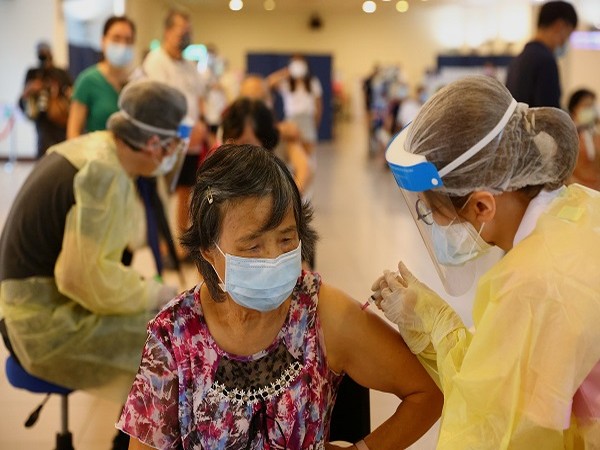World Bank enhances support for East Asia-Pacific's healthcare reforms post-COVID
As nations transition into recovery phases, the World Bank has committed to aiding in the development of robust healthcare infrastructures.

In response to the severe impacts of the COVID-19 pandemic, the World Bank has intensified its support for health sector reforms across the East Asia and Pacific (EAP) region. Spearheading initiatives to improve healthcare delivery and preparedness for future health crises, the Bank's involvement aims to strengthen healthcare systems fundamentally and sustainably.
As nations transition into recovery phases, the World Bank has committed to aiding in the development of robust healthcare infrastructures. From Indonesia to Samoa, the Bank's contributions are helping these countries not only recover but also innovate and expand their healthcare capabilities. For example, Indonesia has embarked on a significant health system transformation plan, supported by a US$4.3 billion investment from the World Bank and other international banks. This project aims to enhance the availability and utilization of public health services across the nation.
In Cambodia, the World Bank is implementing the Health Equity and Quality Improvement Project, which aims to provide equitable health services and improve crisis responses. A new component funded by the Pandemic Fund will further strengthen Cambodia’s capacity for pandemic prevention and response.
The Lao PDR's Health and Nutrition Services Access Project (HANSA2) continues to promote equitable access to health and nutrition services and includes provisions for emergency responses. This initiative exemplifies how the Bank fosters coordinated financing and aligns international partners to strengthen health system resilience.
Additionally, at the regional level, the World Bank is addressing pandemic preparedness through vaccine security initiatives and is enhancing healthcare efficiency without compromising service quality. A regional assessment led to a consensus among ASEAN countries on the need for coordinated investment and policies across the vaccine value chain.
The Bank's efforts are also paired with its longstanding partnership with the Australian government and collaboration with other key stakeholders to push for universal health coverage. This collaborative approach is part of a broader strategy to tackle modern healthcare challenges, including public-private sector interactions, health financing reforms, and the integration of digital health solutions.
Ronald Mutasa, the practice manager for health, nutrition, and population in the East Asia and Pacific region, emphasized the growing demand for the Bank’s expertise in modernizing healthcare services to address noncommunicable diseases, mental health, and aging populations among others. This comprehensive support from the World Bank underscores its commitment to advancing healthcare and building resilient systems that safeguard against future pandemics and other challenges, enhancing overall public health in the region.
- READ MORE ON:
- World Bank
- COVID-19










